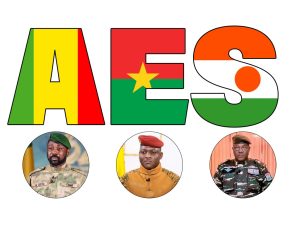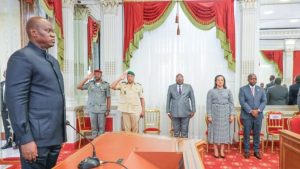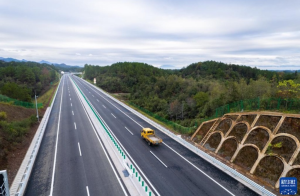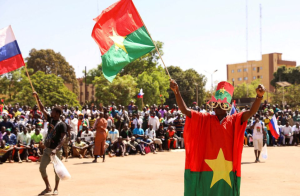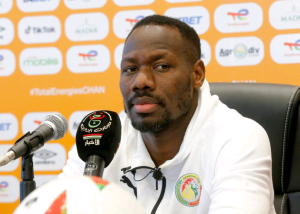Djokovic sets up Wimbledon final rematch with Alcaraz
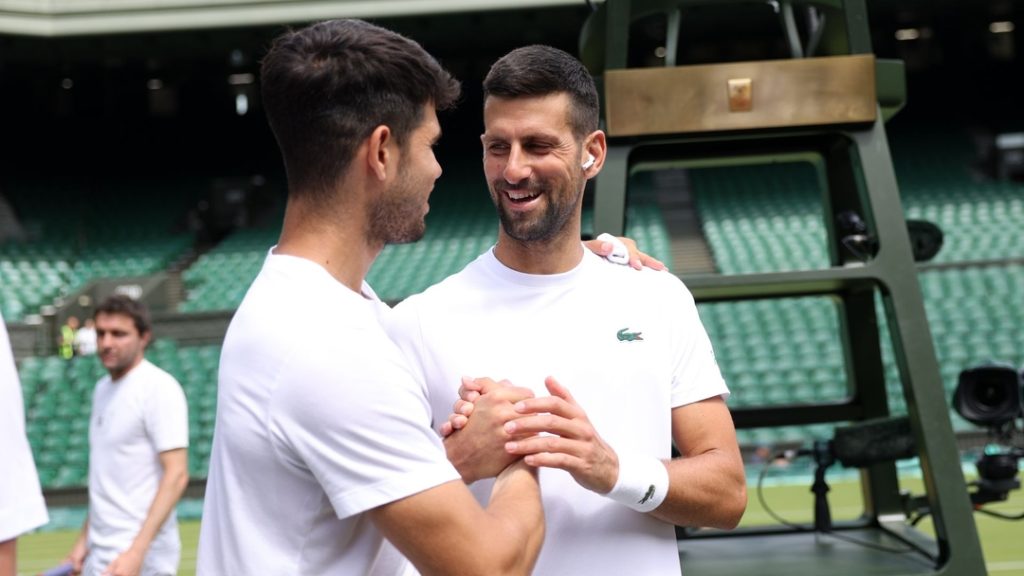
Novak Djokovic secured his spot in the Wimbledon 2024 final by defeating Lorenzo Musetti in straight sets (6-4, 7-6 [2], 6-4) on Friday, marking his tenth final appearance at the tournament.
The Serbian world No. 2 demonstrated his dominance against the 22-year-old Italian, extending his head-to-head record to 6-1.

Unlike their previous Grand Slam encounters, including a five-set thriller at Roland-Garros, Djokovic controlled the match, winning decisively in three sets.
This upcoming final is a repeat of the 2023 showdown, where Alcaraz triumphed in a five-set epic to claim the title.
The stage is set for another captivating duel on Wimbledon’s grass, as Djokovic seeks to avenge last year’s loss and Alcaraz aims to defend his championship.


